
The problem with peer pressure: Hong Kong teenagers warned to ignore the influence of others
A prominent part of being a teenager is the susceptibility to peer influence – but it’s being able to make up your own mind that what matters most of all
“My daughters had heard what becoming a teenager meant long before they turned teen. One was waiting for her elder brother to get spots. Sometimes I saw her scrutinising his face from inches away. My youngest only knew that teenagers slammed doors. ‘When is B going to slam a door?’ and then when he did slam a door, because he had grown tired of up close inspection of pore activity, she screamed ‘I heard it, I heard it.’ ‘Heard what?’ I asked. ‘I heard B becoming a teenager.’”
Hong Kong must pay more attention to underage drinking problem
The above is an excerpt from a long ago diary written as my kids teetered on teenhood and none of us knew what to expect, apart, apparently, from spots and door slamming. Which certainly come into it. But it’s a whole, big, mixed, complicated bag.
A new study – by the University of Pennsylvania – suggests that a prominent part of being a teenager is susceptibility to peer influence, and concludes that teens from collectivistic cultures are more swayed by peers than those in individualistic cultures. Having friends who smoke – according to the study – doubles the risk that youngsters between 10 and 19 will pick up the habit; this influence is, evidently, more powerful in societies where relationships between people play a central role in a person’s identity (collectivistic – as China is).
Collectivistic? Individualistic? I’d venture to suggest that – just like spots and door slamming – peer pressure is universal and no matter where you’re growing up in the world you’re going to mind what your contemporaries think.
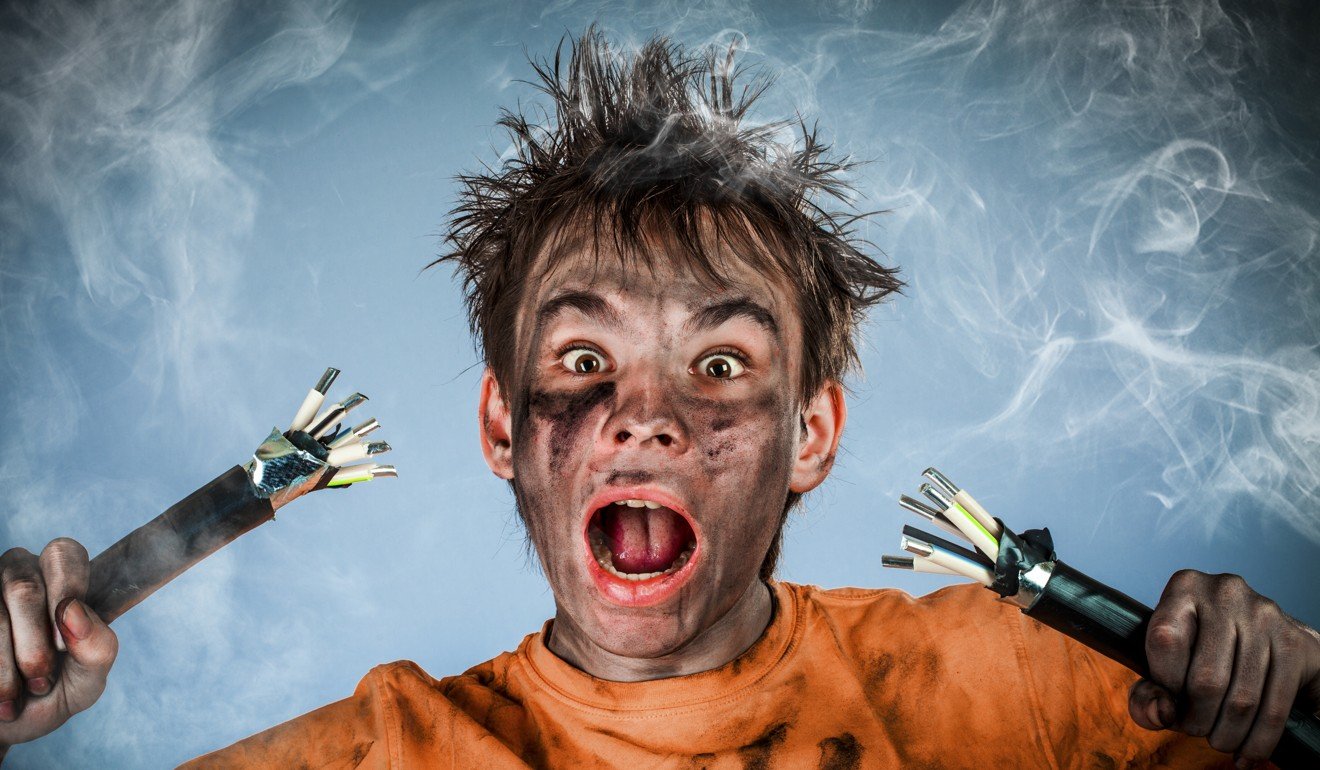
Australian psychologist Dr Michael Carr-Gregg, who has published several books on raising teens, his most recent being The Prince Boofhead Syndrome: Surviving Adolescent Boys, agrees that teens the world over are prone to behaving recklessly. “A unique characteristic of teenagers is an inability to predict the consequences of their actions. This is because their brains are not fully developed until their mid-twenties,” he writes. “They’re hugely influenced by peers and easily encouraged to take risks; they’re wired for reward not risk assessment.”
By way of example he refers to the story of 18-year-old Lee de Paauw, who was dared to leap into a crocodile infested river and did. He sustained limb threatening injuries when a crocodile, surprise, surprise, mauled him. Imagine doing that to impress your mates at 35?
Grounds for optimism: Hong Kong’s special needs teenagers gain new confidence as baristas
“At no other time in your life,” says Carr-Gregg, “is the desire to be with your age-mates as strong – as when you’re in your teens – this accounts for the success of social media within this age group.”
And it’s not just the compulsion to keep up with their peer group – impress their contemporaries – that makes teens behave irrationally. Rapid, enormous physiological changes create what has been described as “a tinderbox of emotions”. And it’s striking the match that prompts a raging inferno that parents fear most.
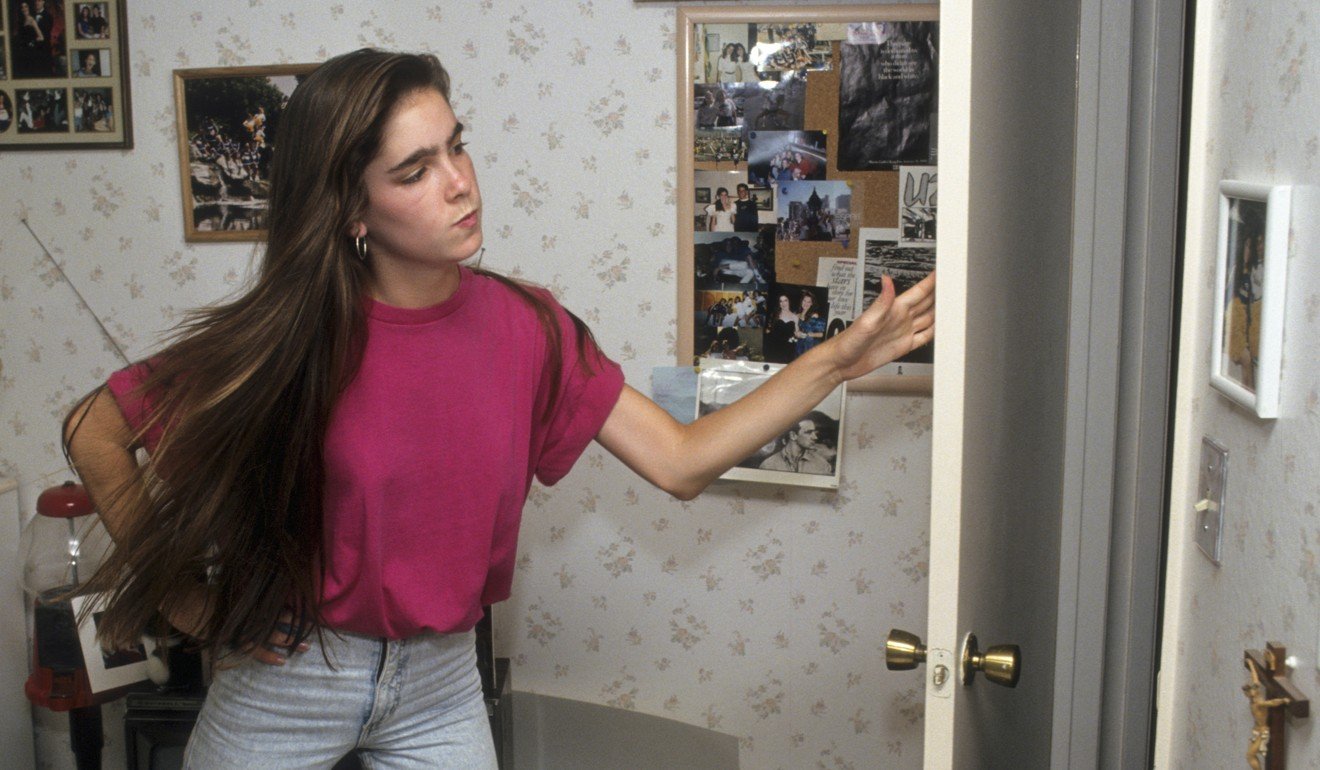
Although the growth explosion and hormones fan flames, they’re only a part of the picture. Early adolescence is one of the most exciting periods of human development; there is a huge amount of brain growth in the span of a few short years. The only other time that rivals this period of growth is early childhood, which might explain why parents anticipate teens with the same trepidation that they did the “terrible twos”.
Dr Amanda Oswalt Visher, director of psychological services at Hong Kong’s SPOT children’s centre, agrees. “I think the terrible twos are similar to the teenage years. During both, kids are looking for independence, selfexpression, autonomy and to push boundaries. They want what they want when they want it and everything is infused with high intensity emotions and urgency,” she says.
Triad syndicate that recruited teenagers into drug trafficking and debt collection in Hong Kong busted in police raid
Ninety per cent of brain development occurs before the age of six, but this second wave of cerebral development begins during puberty and ends in the twenties, and it occurs from back to front. The amygdala, the part of the brain that processes emotion, is the bit that undergoes development in early adolescence. However, the part that controls reasoning and impulses – the prefrontal cortex, often called the CEO of the brain – is near the front of the brain so develops last: that bit that does not fully mature until, as Carr-Gregg observes, the mid-twenties.
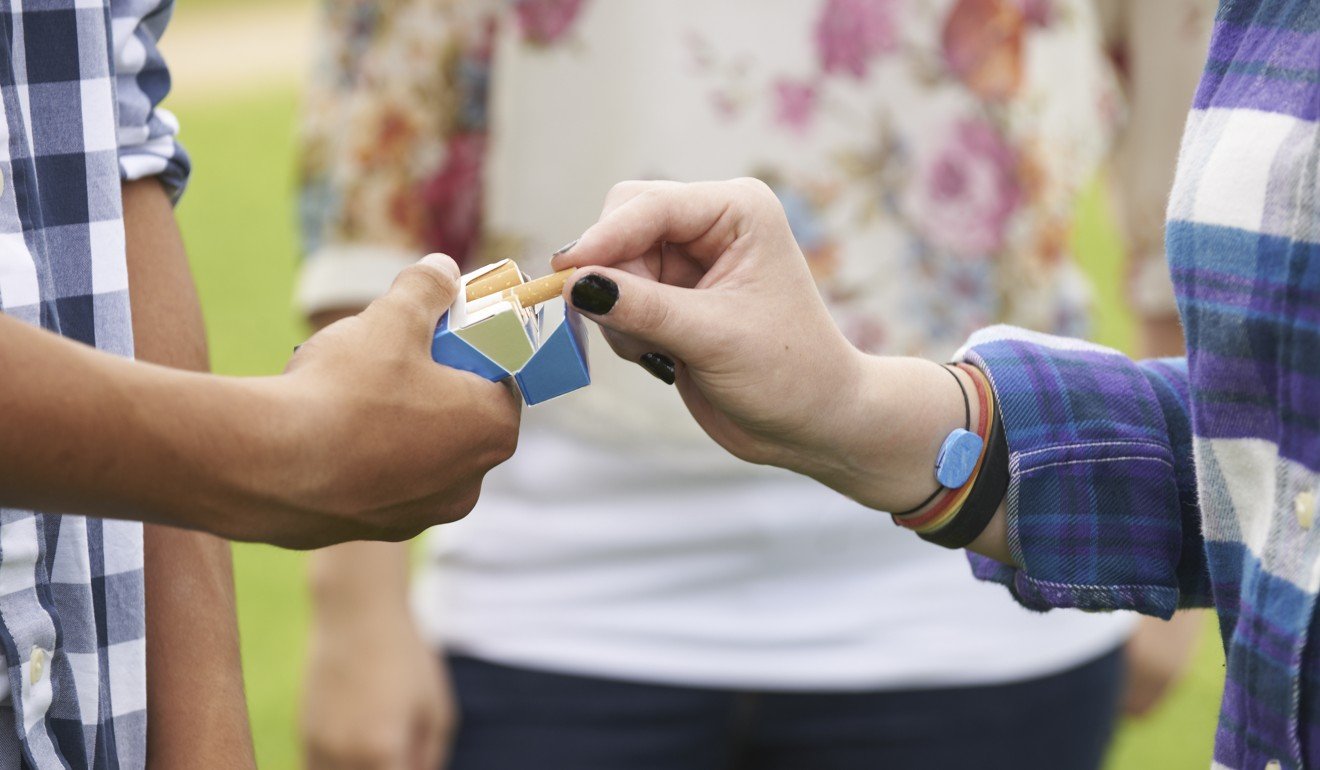
It’s as if, while the other parts of the teen brain are running amok and out of line, the prefrontal cortex isn’t sufficiently prepared to act as referee. It’s this uncoordinated development that accounts for lots of drama and little direction: teens can’t help being reactionary and overemotional, are unavoidably prone to risk-taking (ergo leaping into crocodile infested waters) and often struggle to understand the consequences of their choices as they lack the ability to “think ahead”.
This topsy-turvy development has been likened to driving a powerful sports car with shaky steering and poor brakes.
Teens often go to extremes and want to explore provocative ideologies
To compound the drama further, not only are teens keener to impress their peers than their parents – which is why they experiment with sex, drugs, rock ‘n’ roll – the effects, especially the drugs, on those young, still-growing brains is much more keenly felt: the explosion of brain growth makes teen brains especially vulnerable to the effects of alcohol and narcotics. The use of cannabis, for example, has been linked to the development of psychosis in teens because it interferes with brain growth at a critical time. Alcohol has its perils too: it hijacks the brain’s pleasure-reward system by stimulating unusual amounts of dopamine.
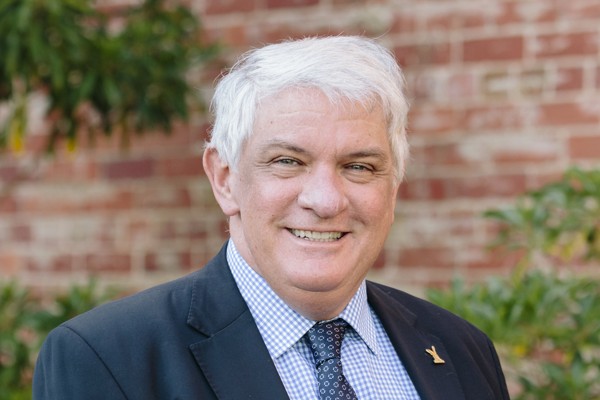
To keep youngsters safe while giving them a little free rein (enough rope but not so much they do themselves damage), parents need, says Carr-Gregg, “to be world expert on their teenagers, to have a developmental perspective where they recognise that due to their teen’s immature brain, they – the parents – must be their kids’ frontal cortex, must monitor and supervise their teenagers, reward good behaviour, and have clear unambiguous consequences for poor choices. Reward good behaviour and set reasonable limits and boundaries”.
How to make a fresh start with your child after scolding them
And for God’s sake, communicate. As Oswalt Visher says: “Keep an open dialogue without judgment – I know it’s hard. Teens often go to extremes and want to explore provocative ideologies. This is the time to ask questions and explore, not to assert your opinions. Remember, you are setting the stage for an open conversation about the real issues that may endanger them. You want them to be able to come to you about sex and drugs. They’re testing you.
“I often tell my clients that a big part of being a parent is being an actor – pretend that some things don’t shock or upset you so that kids aren’t inclined to push further,” Oswalt Visher adds.
Carr-Gregg agrees: listen more than you talk, keep calm, use humour not put-downs, don’t nag – only argue what matters and talk while doing something you both enjoy, to keep the mood light. I used to walk with one of my teens when I felt a chat was needed, taking along the dogs. That way we didn’t have to look at each other if we didn’t want to, the movement kept the conversation going, and the distraction of views and the dogs’ antics kept it light.
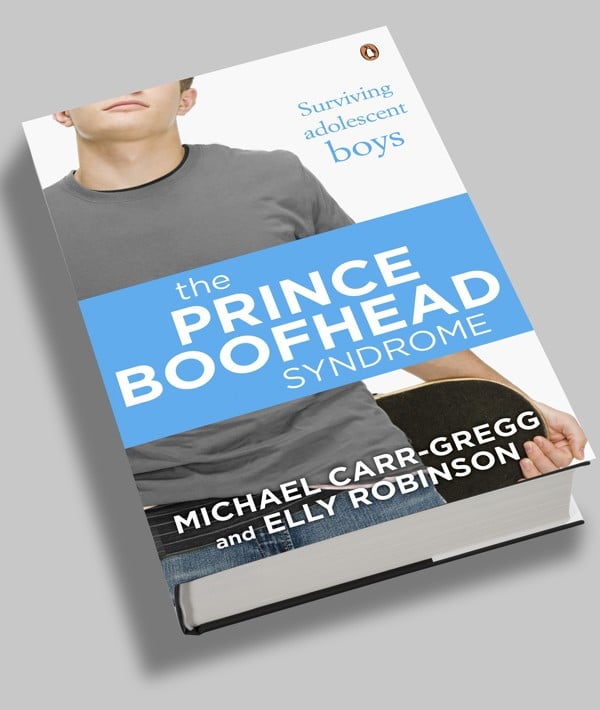
One of the key messages that emerge from research on the teen brain is that as parents it is imperative we have realistic expectations of our children to foster a positive relationship with them. Appreciating that they don’t have the necessary hardware to behave as we would, understanding that until they develop that hardware their judgment, for example, is going to be impaired, makes them – and their foibles – easier to tolerate.
Adolescents strive for autonomy, which, though a healthy aspiration, can be frustrating for parents since it often means teens begin to push boundaries, but they need to take risks to grow; it’s our job to manage those risks, impose some damage limitation.
All the Dirty Parts: unfunny account of teenage boy’s sex obsession
And remember, all this growth, all this change – erratic, frightening at times – does mean that teenagers are fascinating individuals with fresh perspectives. Their recklessness prompts uninhibited courage and curiosity; their energy and enthusiasm can be tapped to unleash unexpected talent. The key is to appreciate that teens can be rewarding and receptive company, while understanding they are going to be overwhelmed by the physiological changes that spark emotional flare ups.

